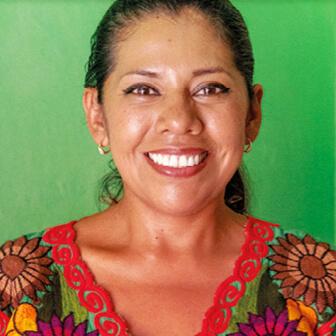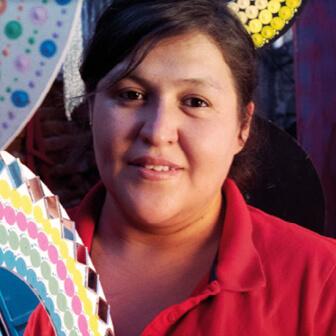Nicaragua’s New Regulatory Microfinance Law: 5 Questions for Gloria Ruiz, Director of Pro Mujer in Nicaragua
9 agosto, 2011
Voices from the Field
In 2009, the magazine The Economist published a report analyzing the various environments in which microfinance is practiced at an international scale. The aim of the study was to evaluate the development of the industry and allow for comparison among countries. Each country was assigned a score based on three factors, including the regulatory framework and institutional development of the country (both considered key factors). With this in mind, and with the recent passing of the new Promotional and Regulatory Microfinance Law in Nicaragua, our colleague Yolanda Bravo interviewed the Country Director, Gloria Ruiz, to get a better understanding of the matter.
YB: What is the new Microfinance Law and when will it go into effect?
GR: It is a new legal mechanism that will regulate the activities of institutions offering microfinance (MFIs). The law was enacted on June 8, 2011 by the National Assembly of Nicaragua, the highest legislative power in the country. It will go into effect in January of 2012.
YB: What is the main purpose of the Law?
GR: The purpose of the law is to regulate all microfinance activities with the aim of creating incentives for the industry, and to promote the offer of other financial and non-financial services in order to increase the profitability and efficiency of those who use microcredit. Meanwhile, the legislation seeks to establish measurements and performance standards that can be used to evaluate the impact of microfinance on society. This would be a major advancement in promoting transparency in the operations of microfinance institutions, especially regarding the structuring of costs paid by those who borrow.
YB: How will the new law specifically affect microfinance institutions?
GR: First, it will help the industry to repair its image, which has deteriorated as a result of governance problems that some institutions experienced. One could say that this law will give credibility to microfinance institutions, transparency to their operations, and encourage healthy competition. However, probably the most immediate and tangible effect will be the creation of a regulatory body, the National Microfinance Commission (CONAMI), which will supervise the proper implementation of the law.
YB: What measures will Pro Mujer take in the face of this new law?
GR: We will proceed immediately with the legal separation of credit services and development services, so that only the financial services will fall under this law’s jurisdiction, while the health services will remain under the jurisdiction of the Department of Health.
YB: What is your personal opinion of this law?
GR: I think that it is a good move on the part of the government to improve transparency in the microfinance industry, increase investor confidence and secure the liquidity that many institutions have lost. However, there is still a lot of uncertainty regarding the norms of the legislation; with time we will be able to form a better evaluation.






